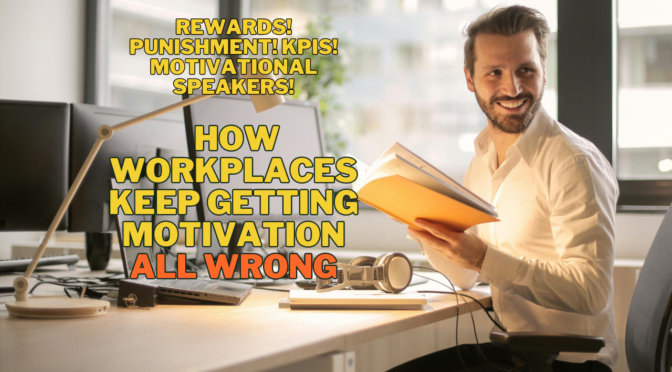
I think we’ve all experienced how getting too little sleep makes us tired and crabby. So it can hardly be a good thing that:
- 8 out of 10 Americans report at least one negative professional side-effect of getting a poor night’s sleep
- Only 27 percent of Americans get the recommended eight hours of sleep each work night
- 17 percent of Americans only get 5 hours of sleep Monday through Friday (Studies show that getting only 5 hours of sleep per night for a week induces an impairment level equal to a blood alcohol level of 0.1 percent.)
- Of the overwhelming majority of workers suffering from sleep deprivation, 44 percent say they experience bad moods and unfriendliness
It’s a classic dilemma: We want to get more work done, so we work longer hours and sleep less. This in turn makes us less efficient at work, so we work even longer hours and sleep even less and, boom, you have a negative spiral going.
Also, spending your work day being tired and irritable is not exactly the recipe for happiness at work :o) What good is it to make your day an hour or two longer by sleeping less, if losing that sleep means you can’t really enjoy your day?
The Better Sleep Council has some very specific tips on how you can increase productivity by getting the sleep you need, including:
- Pay your sleep debt. It’s important to schedule 8 hours of sleep each night (7.5 to 8.5 is optimal) and maintain a regular sleep and wake schedule, even on the weekend.
- Bedroom business. Use your bedroom for sleep and sex only.
- Kick the caffeine habit. Avoid tea, coffee and soft drinks close to bedtime.
Or maybe the solution is different for you. According to a new movement called the B-Society, some people are just not made to function optimally early in the morning. Even if they do get 8 hours of sleep, they only really kick into gear around 10 in the morning, and businesses should cater to these people also.
The first Danish company has just been b-certified, meaning they acknowledge that this is how some people work, and structure their jobs accordingly.
To me this is just common sense. Few business really need every employee to show op around the same time and could they just as easily leave this up to the individual employee, so they can decide what works best for them.
That will certainly make them happier at work!
Related:



 I got this question from a reader who would like to be anonymous:
I got this question from a reader who would like to be anonymous: Last week was a very busy one for me, where I had no less than 4 gigs last week of a wildly varying nature.
Last week was a very busy one for me, where I had no less than 4 gigs last week of a wildly varying nature. 

 I’m at Reboot9 today – If you’re at Reboot too, please find me and say “Hi!” :o)
I’m at Reboot9 today – If you’re at Reboot too, please find me and say “Hi!” :o) 
 Leandro from Brazil wrote in with a classic and crucial question: Do you need a college degree to be successful? Leandro is 21 and currently studies computer engineering and does NOT like it. His parents think he absolutely needs the degree – he doesn’t :o)
Leandro from Brazil wrote in with a classic and crucial question: Do you need a college degree to be successful? Leandro is 21 and currently studies computer engineering and does NOT like it. His parents think he absolutely needs the degree – he doesn’t :o)

 I’m giving a presentation about happiness at work in Stockholm on Friday June 1st at 9AM and I would LOVE to see you there!
I’m giving a presentation about happiness at work in Stockholm on Friday June 1st at 9AM and I would LOVE to see you there! I just got an email from Brett Farmiloe, the founder of
I just got an email from Brett Farmiloe, the founder of 

